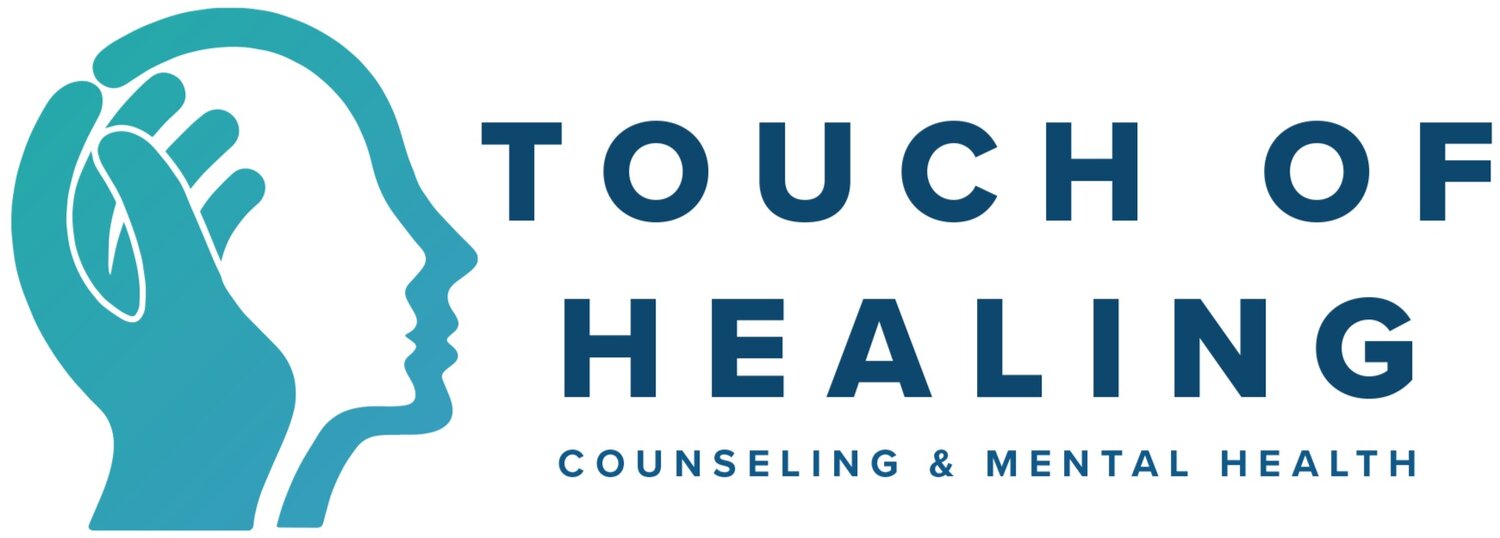
Frequently Asked Questions
Does my counselor tell other people what I say in session?
Your counselor follows the legal requirements for practicing mental health professionals in the state of Georgia, as well as the Code of Ethics established by the American Counseling Association. This code states that any and all information you share with your counselor remains confidential unless you express intent to harm yourself or someone else, then, your counselor is legally and ethically obligated to contact emergency authorities in order to ensure that everyone stays safe.
Additionally, your counselor can consult with your friends, family, healthcare workers, or anyone else if you wish for them to. Just ask us about a form you can fill out and sign that gives us legal consent to do so.
Finally, your counselor might have meetings with their supervisor or other counselors throughout from time to time, in which they discuss details of their cases in order to receive helpful tips and feedback from experienced clinicians on how best to work with you. Your counselor does not need to give your name in order to receive supervision regarding your case. It is important to note that your counselor’s supervisor and colleagues are also bound by HIPPA and the ACA Code of Ethics.
Can I Bring My Child?
Yes, but individuals 17 years and younger are not allowed to stay in the waiting room by themselves and must be accompanied by an adult of 18 years or older.
Your child can also join you in session, but this makes them exempt from the law of confidentiality in regards to information shared between you and your counselor.
How long does a session take?
Our sessions are billed for 45 minutes in a one-hour window.
Do I have to see my counselor every week?
The frequency at which you have sessions can range anywhere from 2x per week or as few as once per every 3 months, and anywhere in between. This frequency is determined by how often you and your counselor think you should meet, your schedule, and your financial availability. Your counselor cannot force you to schedule a session if it is not something you are willing and comfortable with doing.
How do I know if therapy is working?
You will discuss goals for therapy with your counselor in the first few sessions, and you’re welcome to evaluate your progress with your counselor at any time. Furthermore, your counselor will check in with you periodically to see how you think everything is going and if there’s anything you would like to do differently.
What should I bring?
Bring your insurance card and chosen method of payment.
We also encourage you to bring some means of writing things down, whether that be your phone or a pen and paper.
What forms of payment/insurance do you take?
Each therapist is licensed independently with each insurance panel, but most of our therapists are on all the same panels. That list follows:
Health Insurance
Aetna, Ambetter, Anthem BCBS, Cigna Behavioral Health, PeachState, CareSource, United Health Care
EAP
Acentra, Aetna, Carelon, Cigna, CuraLinc, Espyr, Heath Advocate, New Directions, Optum
There is a place to put your preferred payment method when you request an appointment. Otherwise, we’ll ask you once we start the process of scheduling you.
We accept insurances as listed above and use the card you place on file for your copay or if you are choosing self-pay.
How do I pay?
We will use the card you place on file for your insurance copay or if you are choosing self-pay.
Can I choose my counselor?
If you have a therapist you are requesting to work with, we will certainly explore that option based on whether you are an insurance or self-pay client and the therapist’s availability. LPCs are the only therapists who can legally bill for insurance. MA (Master’s Degree) level therapists charge a standard cash rate, and interns work at a reduced cash fee to you.
